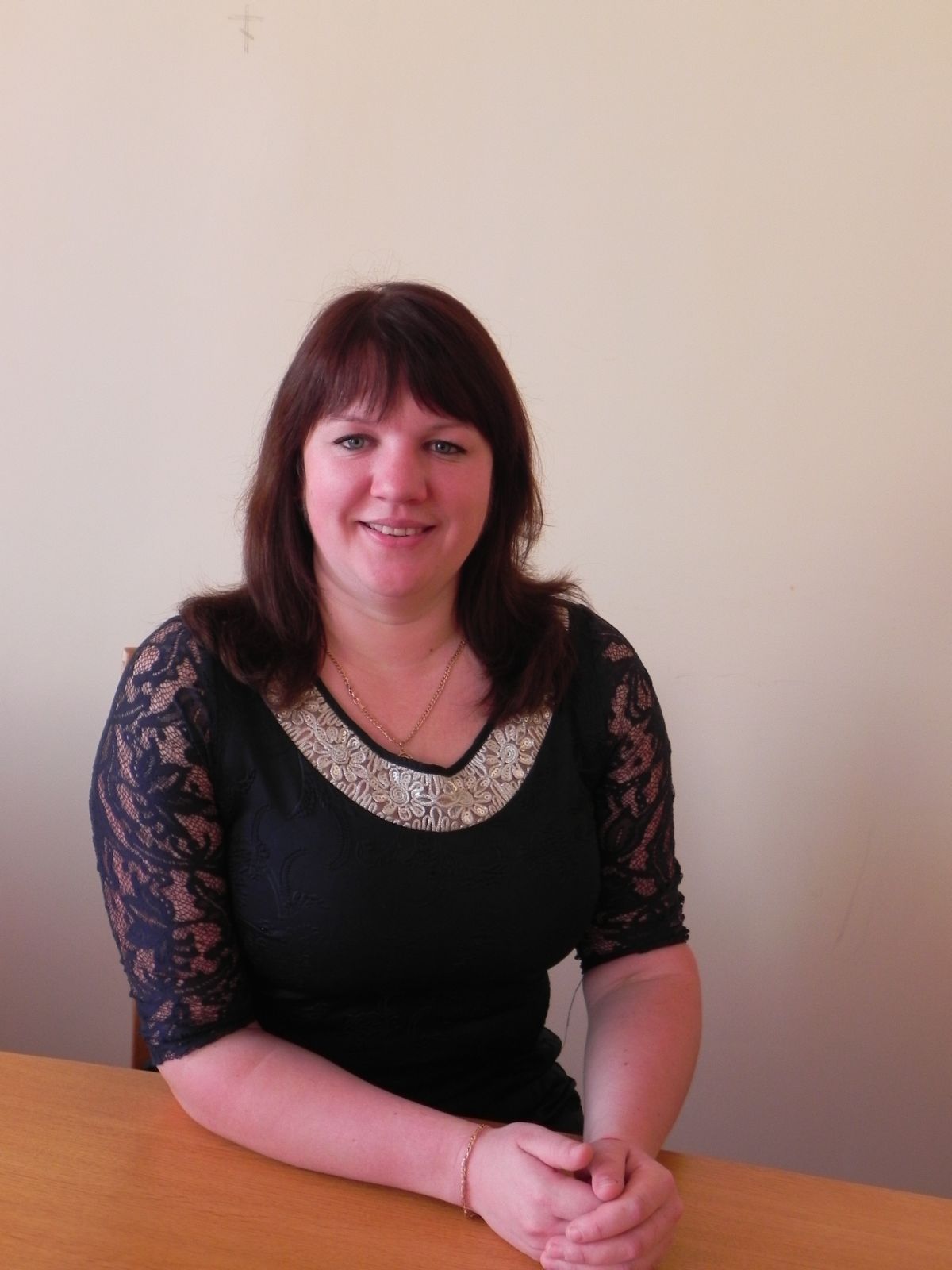 Professional College of Technologies, Business and Law of Lesya Ukrainka Volyn National University
Professional College of Technologies, Business and Law of Lesya Ukrainka Volyn National UniversityStudent Union Committee

Galyna Kalyuzhna is the head of the primary trade union organization of workers and students of the Professional College of Technologies, Business, and Law of Lesya Ukrainka Volyn National University, which as of January 1, 2023, included 73 representatives of the labor collective (which constituted 73% of their total number) and 38 professional groups with 991 union members, which represents 100% of the union membership of full-time students studying for the educational qualification level of "professional junior bachelor".
The student union committee is guided by regulatory documents in its activities, namely the Constitution of Ukraine, Laws of Ukraine "On Trade Unions, their Rights and Guarantees of Activity", the Statute of the Trade Union of Education and Science Workers, and the Regulation on the Primary Trade Union Organization of Workers and Students of the College of Technologies, Business and Law of the Lesya Ukrainka Eastern European National University, according to which an agreement was drawn up and approved between the student union committee and the college administration.
The Student Union Committee is empowered to:
- Represent and defend the rights and interests of the union members, cooperate with the college administration; involve union members in active participation in organizing the welfare of student life.
- Exercise public control over the creation of safe and proper learning conditions and proper sanitary and living conditions.
- Preparation and holding of mass cultural events.
- Monitoring the living conditions of the union members in the dormitory, organizing student nutrition.
- Submitting proposals to the social insurance commission regarding the health improvement of union members.
- Consideration of issues on the awarding and remuneration of the members of the trade union committee, providing material assistance to the union members.
The powers of the head of the student union:
- The head of the student trade union represents its interests both in the trade union and in relations with the college administration.
- Organizes the work of the trade union committee and holds its meetings, forms the agenda and submits it for approval by the trade union committee.
- Proposes the distribution of responsibilities among the members of the trade union committee.
- Ensures the preparation of issues for the committee meetings, collegiality in their discussion and decision-making.
- Signs the minutes of meetings, its decisions, and other documents.
- Monitors the implementation of its decisions and the trade union committee.
- Submits applications, petitions, and proposals to the college administration on issues related to the interests of the union members.
- Ensures proper accounting of membership dues.
- Organizes proper documentation for the student trade union.
Meetings of the student union committee are held regularly according to the Statute (twice a semester), and meetings of the presidium take place every month and as needed, as evidenced by the minutes of the meetings.
According to the plan, the student union committee discusses issues related to improving the work of student self-government bodies; preparation and conduct of cultural, educational and sports events; organization of student life in the dormitory; student health improvement, and so on. It should be noted that these issues will always be relevant because the educational institution is constantly replenished with new students. All student union work is carried out through standing committees under the trade union committee.
The main task of the student union committee is to support students and protect the rights of all students collectively and individually. Therefore, the work of the student union committee is aimed at protecting the social and household interests of trade union members; creating proper conditions for learning and living; timely payment of scholarships; and participating in the distribution of the scholarship fund. Special attention is paid to working with students from privileged categories: orphans, people with disabilities, education seekers whose parents are participants in military operations, education seekers from low-income families, and those affected by the Chernobyl disaster.